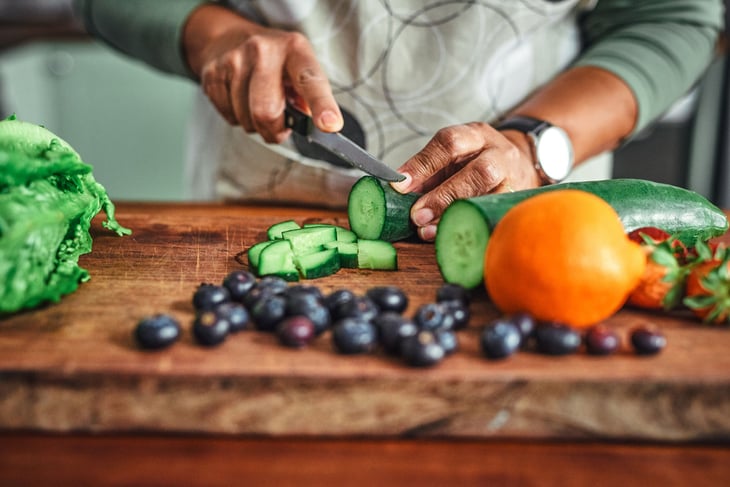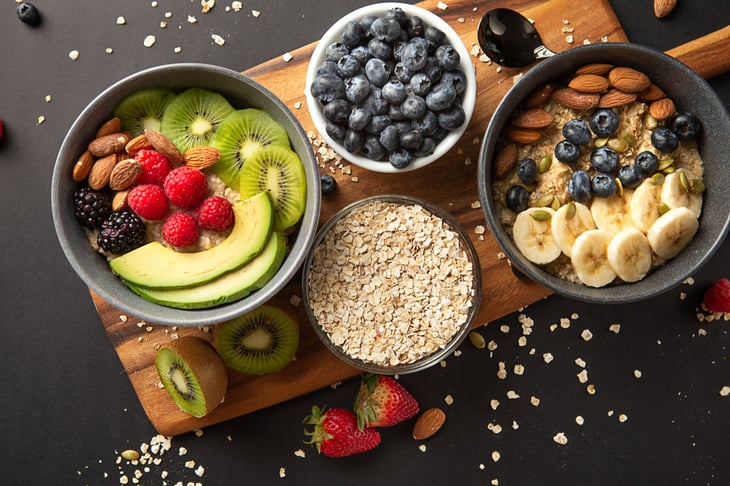March is known as National Nutrition Month and this year’s theme is “Fuel for the Future.” This can be interpreted in multiple ways. Over recent years dietitians have been fighting the negative stigma of being viewed as the “food police”. We have worked to change people’s attitudes about food as something to be feared or feel guilty about, to food being fuel and a celebration of our cultures. We educate and encourage because we want people to live not just longer, but healthier, longer lives as they age.

Within the past few years I heard this comment from a long-term care resident: “If I had known that I was going to live this long I would have taken better care of myself.” This person went on to explain how a lifetime of unhealthy eating habits and sedentary lifestyle led to multiple co-morbidities and that at any point could have tried to change but chose not to. It does not matter where a person is with his or her health, any positive change in habits may lead to healthier outcomes in the future.

Another interpretation of “Fuel for the Future” can be the focus on feeding the 8 billion people on earth with the projected 10 billion in the year 2058. The need for food to feed people has been a focus in the past decade amongst nutrition professions and an emphasis on changing some of our food practices and traditional ideas, especially our protein sources. Environmentalists have concerns over the demand for nutrient resources to feed the animals that feed us. “Meatless Mondays” are trending and encouragement to use alternative proteins in meals such as beans and legumes has grown in popularity.

With demand for meat products, there is more pressure on farmers to grow soybeans and corn to feed the cows, pigs and chickens that feed us. Environmentalists and agriculturists worry about protein-rich foods requiring us to double the amount of crops by the year 2050. To reduce the need for the “middle man”—the middle man being the use of more animal proteins, encouragement continues to look at alternative proteins as our future of food. I mentioned beans and legumes but there are also nuts and soy products and these proteins can be combined with grains to make complete protein sources that supply all of the necessary amino acids to keep our bodies fueled. Another future food as fuel protein source not typically considered in recent trending discussion amongst nutrition professionals? Insects!
